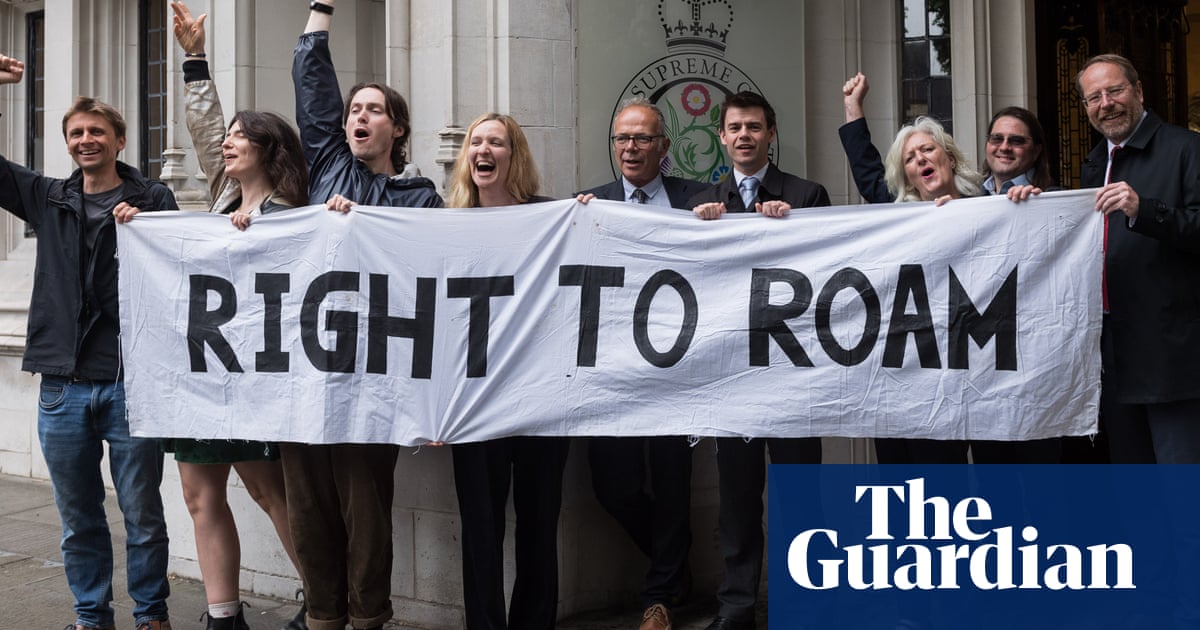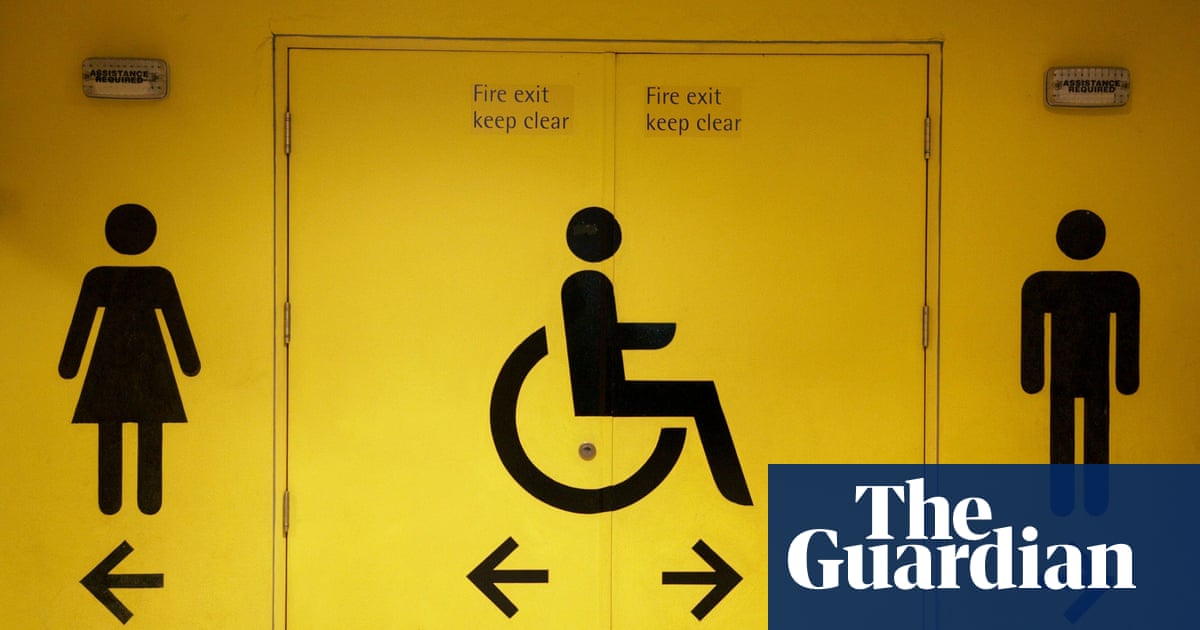Parents at a central London primary school say they feel let down and angry after local planning officers advised against a new playground, in part because it would “harm the view” of a nearby five-star hotel.
St Peter’s school in Belgravia has only a small, 170 sq metre strip of play space for 200 pupils, and sits minutes from Victoria station in one of the densest corners of London.
Rebecca Bryant has led a two-year process to build the playground, resulting in a design that would incorporate part of the road outside and close it to through traffic. The road is quiet, with busy traffic passing by at both ends but not cutting through, according to some parents, who said that even during rush-hour and school dropoff hardly any cars drove up the road. The children desperately needed the playground as many lived in flats, Bryant said.
“I have given over two years of my time to try and get a new playground for the school. This is a lovely school and community and they make the best of the space they have. But the impact of not having proper space to play is compounded by the extreme deficiency in local play and green space … most of the children live in flats and it’s a mile to the nearest green space or tiny playground.”
Bryant helped fundraise £100,000 to pay for the design and feasibility studies, £84,000 of which came from Westminster council itself through its community infrastructure levy.
However, despite this, the council has advised against the playground going ahead, citing the protection of a view of the back of the grade 2-listed Clermont Hotel in Victoria, previously known as the Grosvenor, as one of the reasons.
In a pre-planning advice letter, for which parents paid more than £2,000, a planning officer, Max Leonardo, wrote: “The existing size of the school’s playground is substandard … however the proposed benefits … would not outweigh the harm resulting from the loss of the public highway … and the disruption the playground would cause to the townscape.
He added: “The playground extension is considered to harm the character and appearance of the conservation area and … of the grade 2* listed Grosvenor Hotel. This harm is likely to be ‘less than substantial’ … however, it would be at the upper end of this harm. Accordingly, such an application would not be viewed favourably.”
The letter also stated: “The introduction of a netted sports court would contribute to a cluttered streetscape … [and] the parking bays on Lower Belgrave Street and the single yellow lines provided for loading are … well used and, therefore, we would find their loss to be unacceptable.”
Benji, seven, waiting to go into school, said he was desperate for more space to play. “Sometimes I come out of school and ask if my friends can play but there is nowhere for us to meet so we can’t do it.”
He said he did his best to play football in the space they had. “We do penalties in one corner. But if we had a big playground we could divide it up and there would be room for skipping, games, football. Then we could have a St Peter’s football team.”
Asked if there was anywhere with space for running, Benji suggested: “You could run round the block?”
His mother, Charlotte, said: “I have lived in Pimlico for 22 years. I work near here, my children are at school here, we want them at this school in their community. But they need space to play.”

Westminster council told the Guardian: “The hotel view is not a primary concern or the reason that the council advised the proposed playground would not receive planning permission.
“It would be lovely to extend the playground on to the highway, but it simply isn’t practical. This has been explained to the parents on a number of occasions including in writing following a formal approach. This is a busy area of central London, and the road is needed for traffic to access several office blocks, of which one is on a site allocated for the Crossrail 2 railway. It’s no place for a playground.”
Bryant, however, said that it was “completely untrue” that the council had told the school that the playground would never be feasible. “If they had, they would have saved us – and the public purse – a huge amount of money. This comment bears no relation to the formal advice we received.”
Last March, the scrutiny committee for the Department for Levelling Up, Housing and Communities held an inquiry into children, young people and the built environment.
The MP Clive Betts chaired the inquiry, which took evidence from architects and planning experts as well as doctors and children and play experts on the lack of provision for children in planning. The committee disbanded before releasing its findings because of the general election.
Betts said it was clear children’s needs should have better protection in planning. “We would have produced a scathing report if we had been able to. Children are almost forgotten. They are mentioned once in the national planning policy framework. If we can’t change this then we are going to design an environment that is not fit for future generations.”
While Labour policy has recently focused on removing red tape in the hurry to build more new homes, Betts said that should not mean children were pushed to one side.
He said: “This is not about delaying planning. I’m passionate about building more homes but we can’t have boxes on roads where the only thought is cars in and cars out. Children’s needs, their ability to move around and play, can’t be an afterthought, we need to provide for them properly.”
Bryant said the council’s response showed a lack of consideration for children’s needs, voices and experiences within the planning system. He added: “I am a civil servant with experience of delivering infrastructure projects and I ensured that the planning and feasibility studies were done to the highest standard.
“We analysed traffic, which showed there would be very little impact, and we have the support of the key neighbourhood groups. They have prioritised heritage and paid parking meters over the health and wellbeing of local children.”
She pointed to a line in the planning advice that talked about people visiting the street to enjoy the view: “It says: ‘the proposed loss of the public access to the land … removes areas from which the public can appreciate views of the listed building’. This is a dusty wall at the back of a hotel we are talking about.”
She added: “We met Deirdra Armsby, director of town planning, in person and she said she would look into it – we have since emailed her eight times and not had a single reply. Other senior councillors, including the leader of Westminster, Adam Hug, have not replied to us.”
Westminster council did not respond to questions about the alleged lack of replies to the parents’ emails.

.png) 3 months ago
41
3 months ago
41

















































